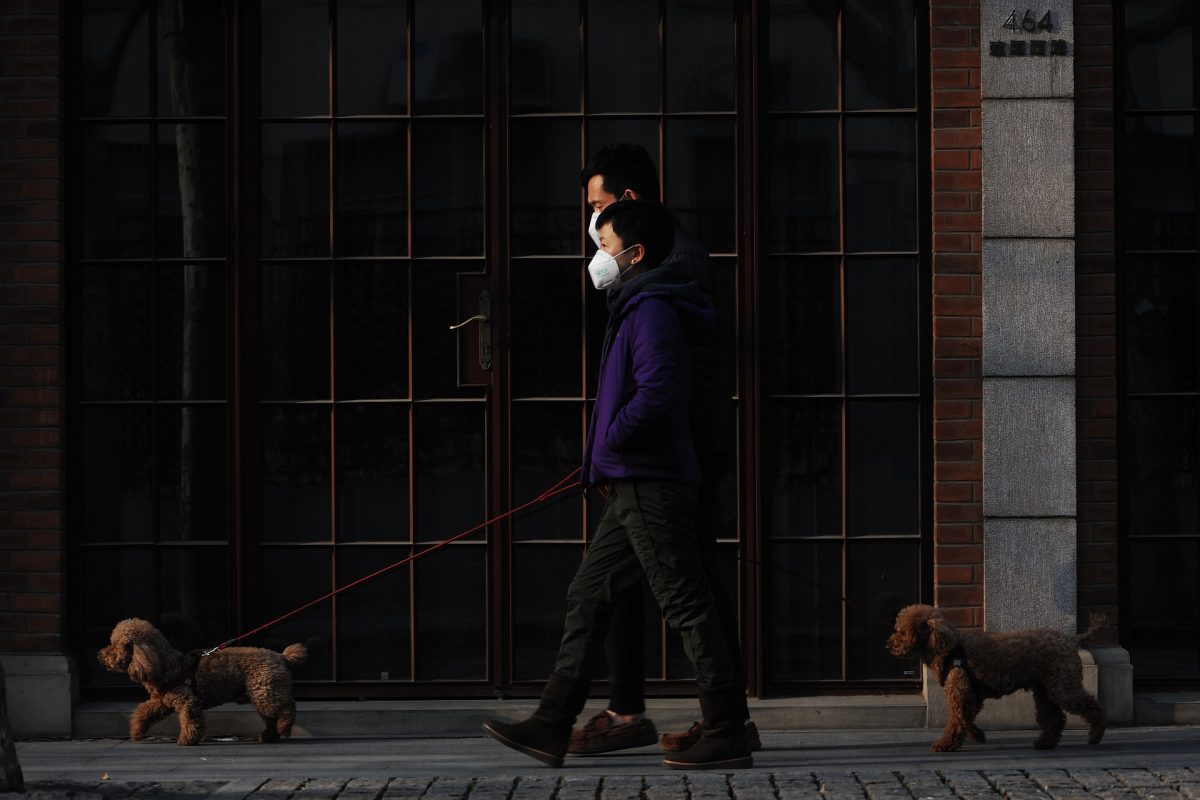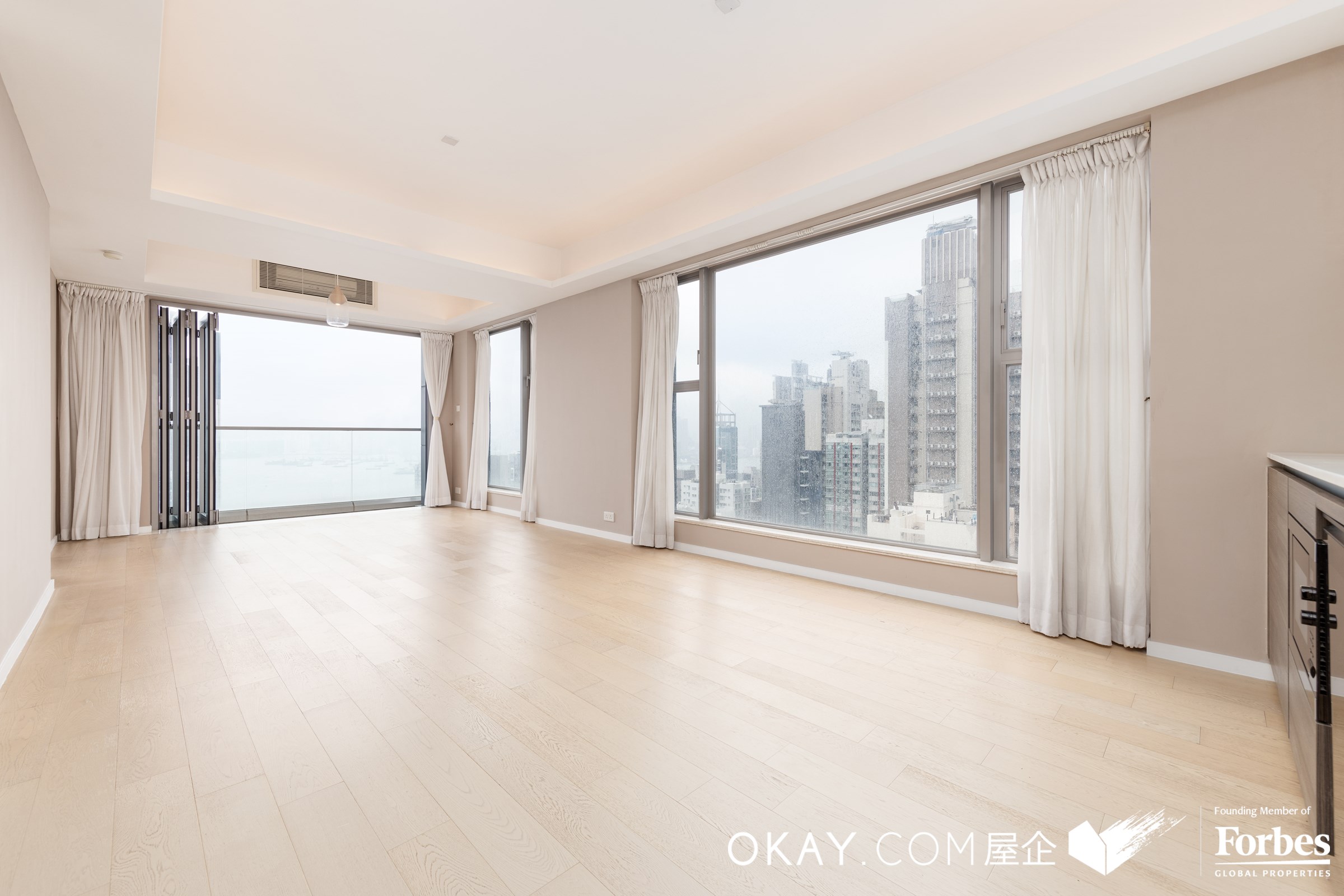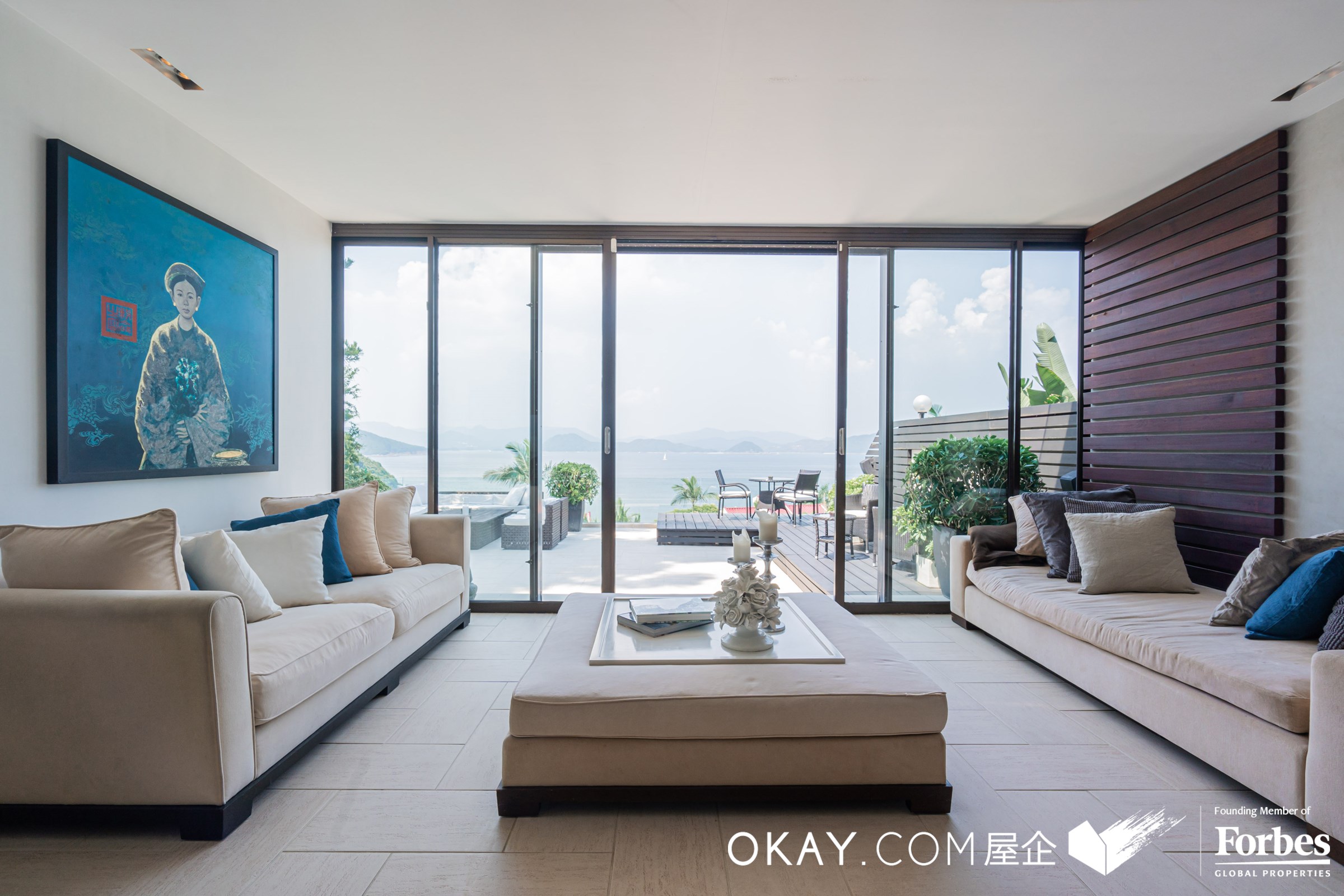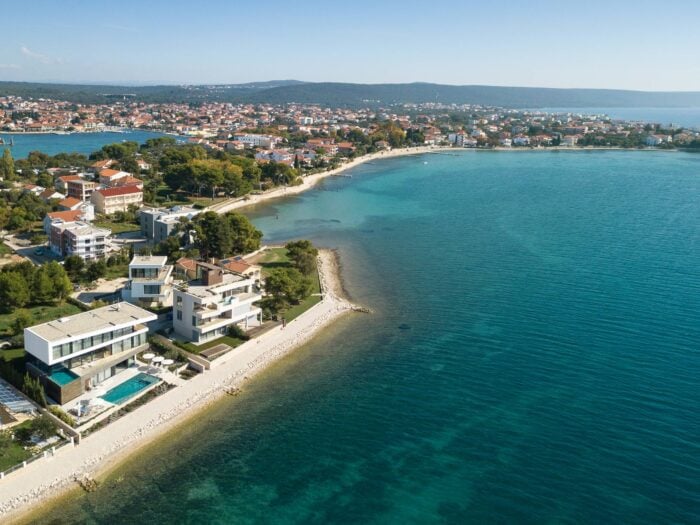What will our world look like one year from now?
As most states (and countries) begin to lift their quarantine restrictions and look to the future, people all over the world begin to contemplate how their post-pandemic lives will resemble and differ from those they lived before. From how and where they will live, to how and where they will work, every aspect of the lives we have lived seems available to change.
Here, culled from conversations with colleagues and friends from all over the country, are some thoughts about what people may still want, or not, in the post-pandemic era:
We will work more from home
Most people I speak to believe that this will be the single most impactful takeaway from these months spent at home. We have all become adept at interacting on Zoom.
Since it will be a long time before most of us gather with any group of people in any but the largest of conference rooms, we will continue meeting remotely for some time.
Similarly, having discovered how much can be done from home with a good computer and mobile phone, a strong Internet connection, and DocuSign, most pink and white-collar workers will be spending more work time at home.
We will travel less for business
As people work more from home, business travel will decrease.
While some meetings really DO need to take place in person, many don’t. The latter subset, which probably includes at least half of the meetings for which people have frequently traveled in the past, can equally productively (and far more economically) be conducted on digital conferencing platforms.
Travel will likely become, as it once was, more focused on leisure. This, in turn, will have a deep impact on the ancillary businesses supported by work travel, especially airlines, hotels, and rental cars.
Office space needs will change
While interactions in the office can be a fruitful source of collaborative ideas and solutions, the future will probably require less floor area than most of us have believed is necessary.
Especially in the real estate brokerage business, in which 70% of the agents are out on appointments at least 50% of the time, working at home much of the time has already become the norm. Post-COVID-19, this trend will likely become more prevalent.
In urban areas like New York, with sky-high rents for commercial space, brokerage CEOs already wonder why they cannot succeed with less space. After all, why pay top rents for space much of which will be vacant most of the time?
Commuting patterns will change
As travel by subway and bus, especially at rush hours, will seem less appealing to workers, flexible hours will make more sense for workers.
Staggered shifts, both as applies to hours and days spent in the office, will become more the norm in many industries. Many support services can be performed as easily from home a few days a week. This will contribute as well to the diminishing need for enormous offices.
Ticketed online events will increase in popularity
With consumers less inclined to crowd into concert halls and stadiums, more venues will make content available on a ticketed basis. While many people (myself included) will return in time to sporting events, opera, and concert halls, online viewing has received an enormous and lasting boost from the shelter-at-home experience.
We will all cook at home a little more
Both restaurant dining and take-out will certainly continue to be extremely popular. Restaurants will have their tables less tightly packed together, at least for the next year or two. But having done all this cooking, many people will likely keep some of it up. Like gardening, it turns out to be good for the soul!
Fred’s takeaway
No one knows yet what the “new normal” will look like.
I doubt we will see a long-term flight from urban centers; after 9/11 New York City came back stronger than ever. Cities still provide convenience and diversity of experience to the kaleidoscope of different residents who inhabit them.
After a successful vaccine becomes available, old habits of proximity will return. But will office buildings and retail stores experience the same demand? I think it’s doubtful; one of the most interesting sequels to the pandemic will be to see how many of those spaces will need to be repurposed or re-imagined, and how.
Perhaps hidden in this economic and health crisis we will find a silver lining. We will have an opportunity to reconsider work-life balance, family time vs. business time, time in the office vs. time in the garden or in the park.
In the end, that recalibration of priorities may not be so bad.











